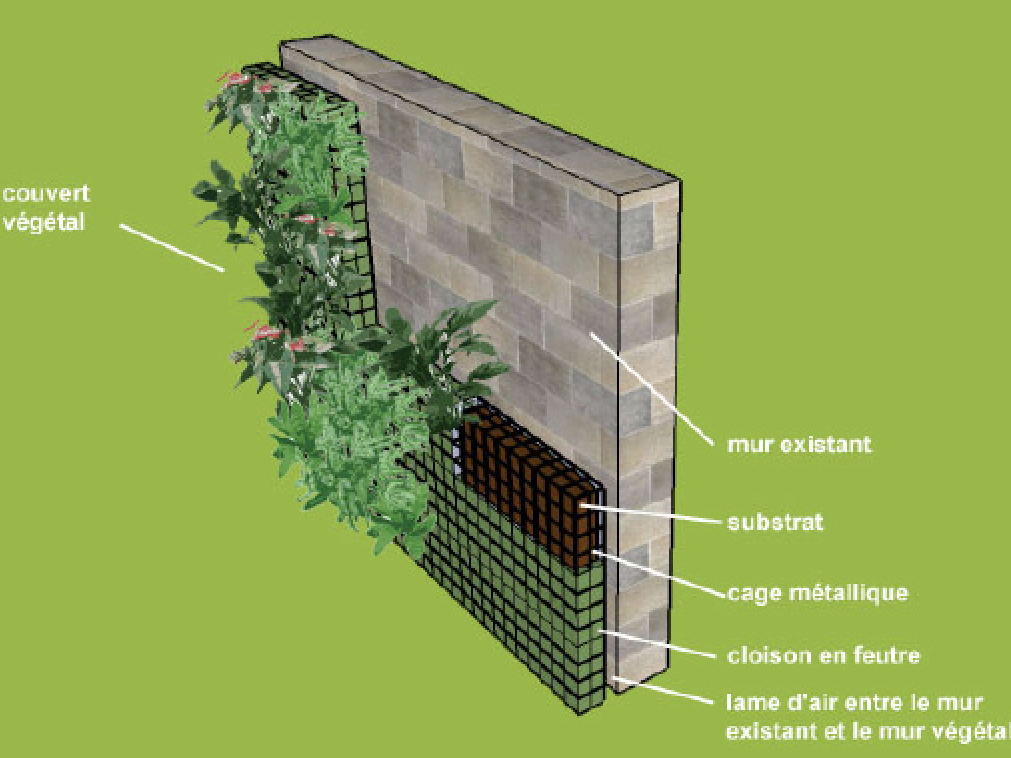VéGéSTATION
Tessa Han (Harvard), Oliver Hansen (Harvard), Estelle Murail (SciencesPo), François Sacquin (CRI)
Paris is an organism that breathes through its alveoli of green spaces. But due to the concentration of polluting human activities, the city's respiratory system is under heavy stress. Most of the city’s public health initiatives focus on improving outdoor air quality, but fail to address a space that millions of Parisians move through every day: the subway. Our project aims to improve the health and well-being of the 4 million daily users of the Parisian metro and, potentially, of the 150 million daily metro passengers in the world.
VégéStation transforms the Paris Métro into the world's first urban lymphatic network, filtering air pollutants through phytoremediation. Each station becomes an underground lymph node, equipped with pollution sensors to measure air quality and green walls tailored to local pollutant types.
The presence of vegetation in the Parisian metro will boost user well-being, reducing stress and fostering emotional balance. Thus, by addressing both the physical and mental health of Parisians, VégéStation provides a sustainable solution to the neglected issue of subterranean air quality.




